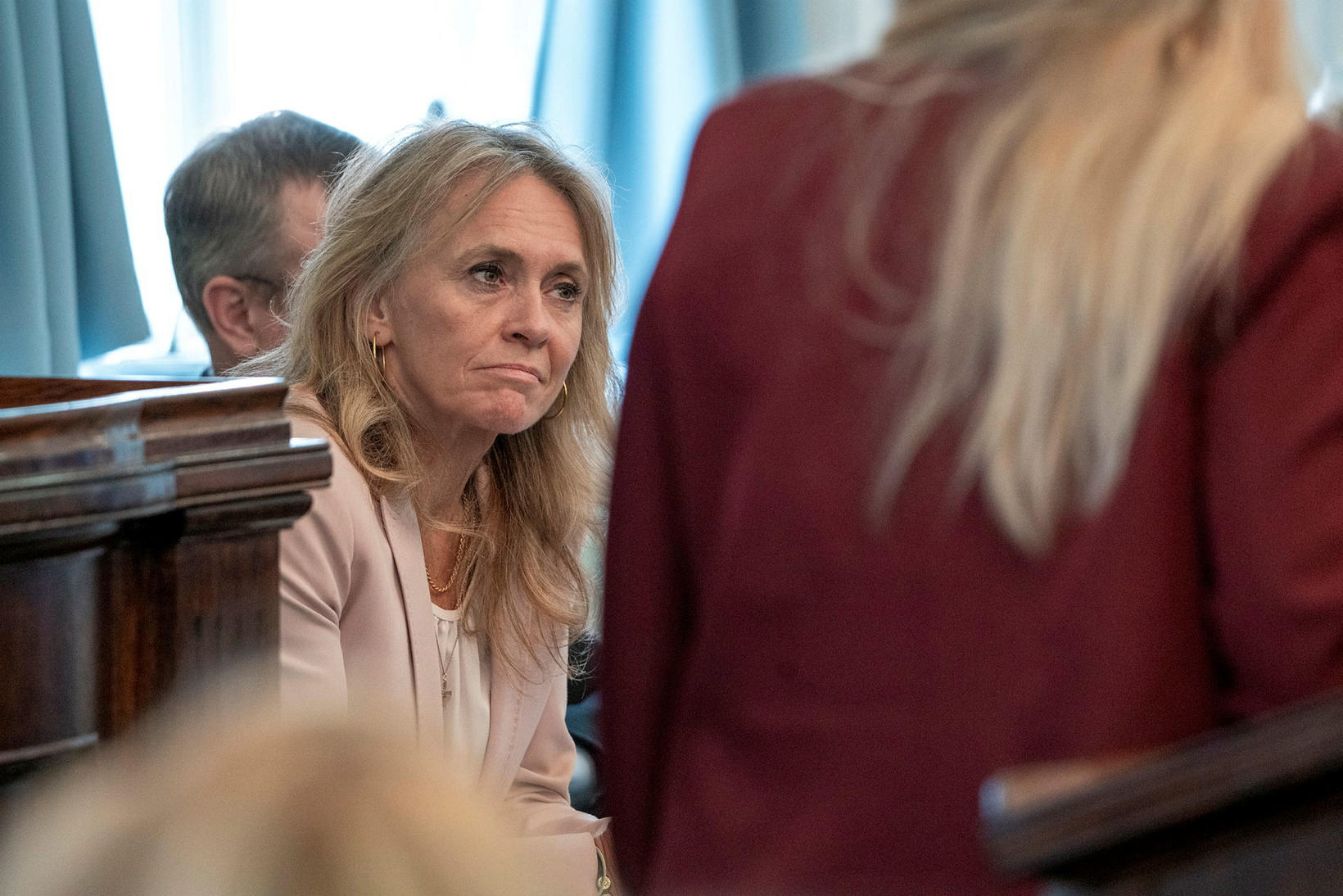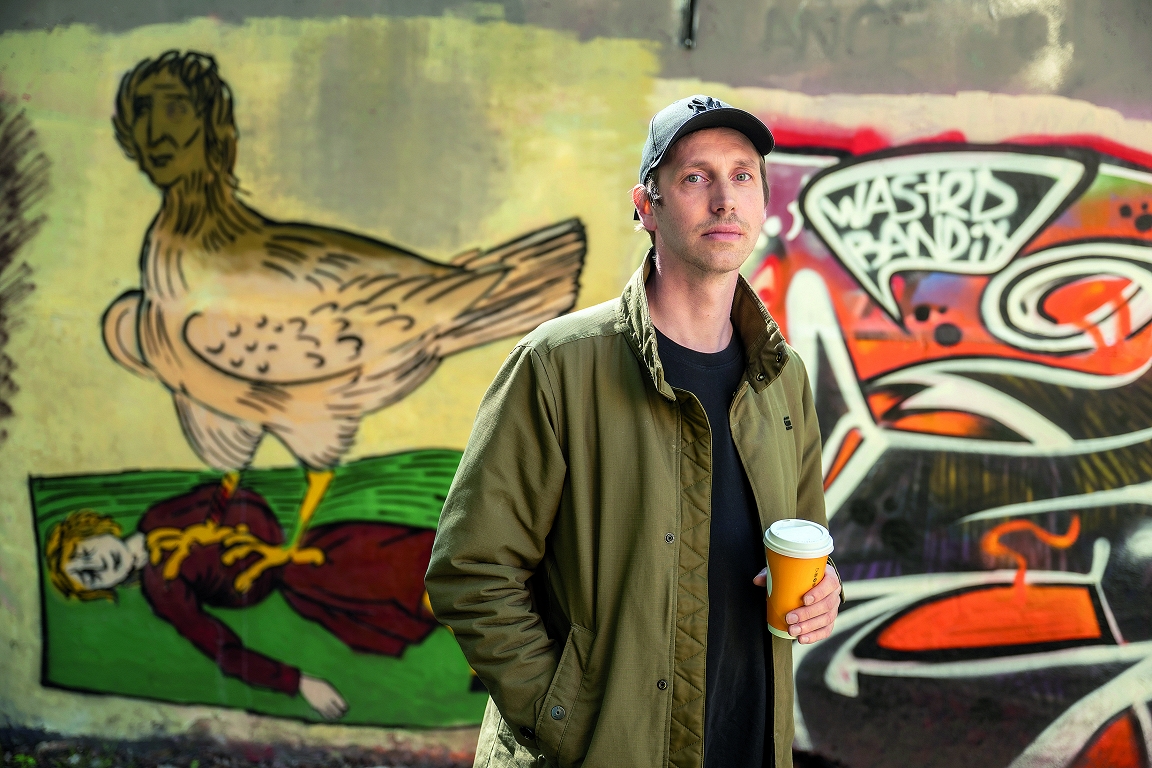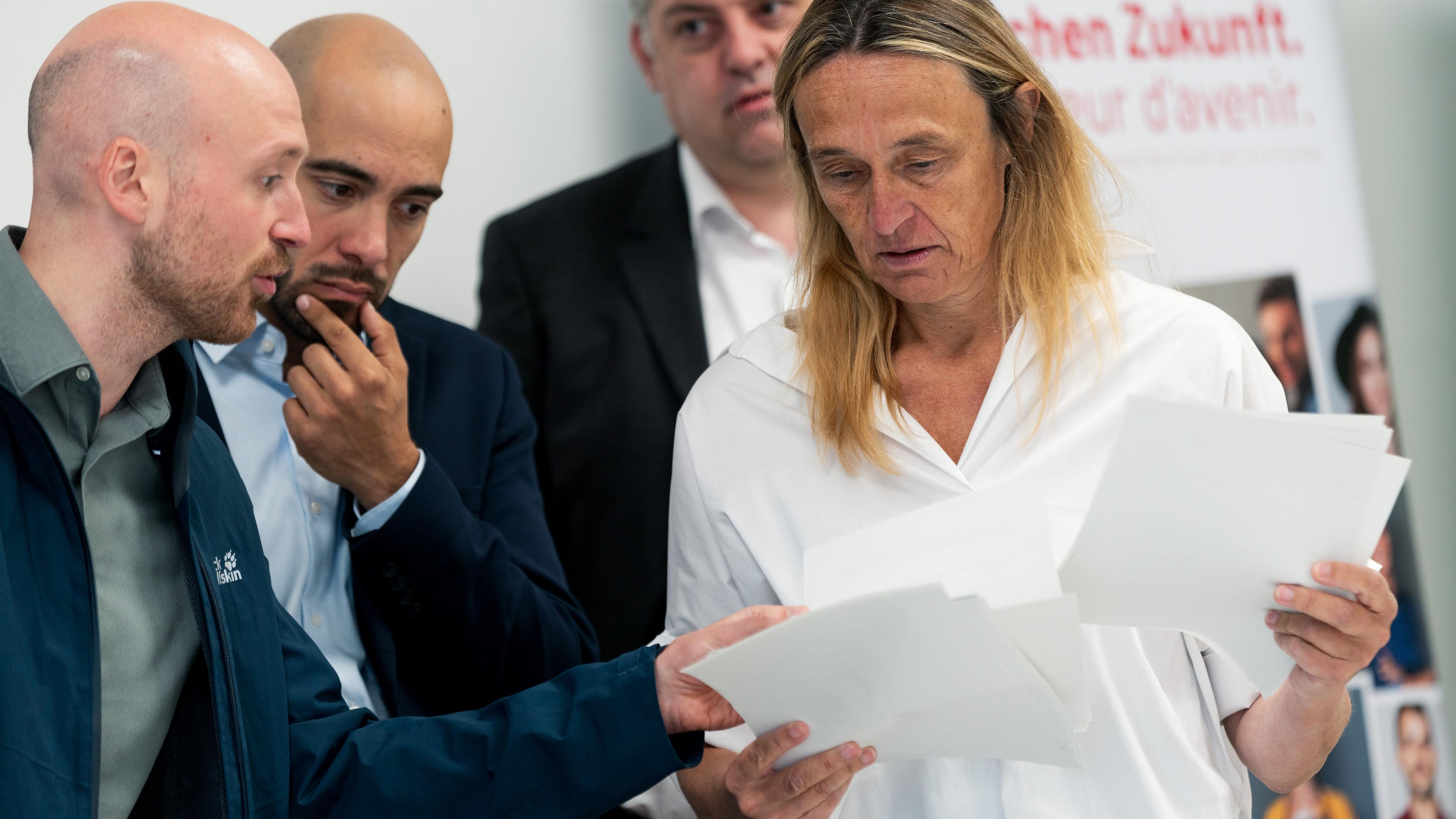For screenwriters, directors and actors, or the road as of April 16, 1925

Dnevnik publishes in two parts the analysis of Prof. Veselin Yanchev about the events that led to the assassination of the Holy Sunday Church on April 16, 1925. The first part traces the transformation of the BCP from the National Parliamentary Party into a structure for violent conquest of power, despite the defeat suffered in September 1923.
A century after the ominous, inhuman terrorist act on April 16, 1925, the attempts to bring the incident into the Bulgarian public space of opposition fascism – anti -fascism continued in the Bulgarian public space. The explanation is that on June 9, 1923, a violent, unconstitutional coup was carried out, which brought to power a dictatorial fascist regime. His natural opponent is the Communist Party, which makes a mistake, declaring neutrality in the fight between the « rural » and the « urban » bourgeoisie, but with the help of the Communist International (Comintern), the healthy forces in the party take the top and in September they raise the masses of the uprising. The uprising is crushed, the party forbidden, and in the context of a strengthening government terror, the Ultra -Revolutionary, left -wingers who choose the terror as a means of changing the situation, take over the BCP supremacy. Tsankov’s power is responsible that he is taking action against the illegal BCP and its armed structures and actions, and the attack in the church « St. Nedelya » is not an ordinary terrorist act, but an attempt to strike a reaction political system, therefore it is a preventive, self -protected act. The BCP and the Comintern are not responsible, but only the local crazy heads and specifically Kosta Yankov, head of the illegal party organization of the party.
And is it?
At the end of May 1919, the Bulgarian Workers’ Social Democratic Party (narrow socialists) held its first post -war congress, which publicly declared a divorce with traditional Social Democracy and marriage to the Bolshevism victorious in Russia. The decisions of the Congress, already of the Bulgarian Communist Party (TS), are a fundamental new stage not only in the development of this party but also of the country.
| For the first time, a Bulgarian party is subordinated to a subordinate dependence on a foreign political party and a state, openly considers as aiming to forcibly and armed power, establishing a dictatorial government of a part of society, at the expense of all other, total destruction of the existing legal and state constitutional-monarchical order and its replacement with its replacement. |
Moreover, the party proceeds to establish an illegal military organization to achieve the stated goals. In view of the desired and expected second wave of the World Revolution, the Moscow strategists pay the special attention to the strongest Communist Party in the Balkans – the Bulgarian, given the possibility of making a coup to destabilize the Balkans and ignited Europe. The task was set in 1922, and in the early 1923, the first arms supplies were already arriving in Varna.
On June 9, 1923, the army overthrew the Alexander Stamboliyski rural dictatorship and approved a new one, including representatives of the entire political spectrum, without farmers and communists. The BCP not only does not recognize the new government as a threat and danger, but in the form of a declared neutrality and, through the direct involvement of its higher leadership, actually assists and assistance in its establishment and attachment. For two months, her leadership, although as early as June 14, 1923, she received an order from the Comintern for immediate armed actions and for a counter -coup, refusing to obey and execute it. The events of June 9 are not the cause, but an occasion that the leaders of the Command use to launch the « second wave » of the World Communist Revolution.
It was only after the arrival in Sofia of a special representative from the Vienna illegal center of the Comintern, the Central Committee of the Bulgarian Communist Party to begin preparation for an armed uprising, and the decision to raise it was taken only by Vasil Kolarov and Georgi Dimitrov, but without the approval of the organizational secretary. Not only the opponents, but also the supporters of the armed action in the party leadership, are aware that it does not even have a minimal chance of success.
With its subordination to the Comintern order for the commencement of an armed struggle, the BCP ceases to be a national, ideological, parliamentary party and becomes a structure for violent power conquest to satisfy ambition USSR. The purpose of the action is not to resist the advance of the reaction, but the struggle for the imposition of a communist dictatorial power. From the ensuing doomed power measurement, it is clear that Moscow’s estimates of a new revolutionary wave, beginning from the Balkans, undergo a complete fiasco; that at this stage the BCP is unable to organize and manage a massive and successful armed movement against power in Bulgaria; that she is incapable of becoming an alternative to existing government and to impose an alternative to the state-State order in the country.
After September 1923, the Communist Party was bleeding, paralyzed, disorganized and incapable of active mass actions. Its membership has sharply defy-both because of the repressive measures of the authorities and the withdrawal of supporters of the legal, parliamentary struggle, especially after its official ban in April 1924, there are no more than 2000-2500 people in the BCP, of whom less than 20%are active. Her guidance continues to be deeply divided.
| Two opinions are formed on the incident and the future of the party. One insists that she return to the soil of the legal parliamentary political struggle, and the other, defended by Kolarov, Dimitrov and supported by the chairman of the Executive Committee of Comintern Grigory Zinoviev, is a rematch by continuing the illegal armed struggle and the speed training of a new rebel. |
The Balkan Communist Federation Conference held in Moscow in November 1923, with the participation of the heads of the Comintern and the Russian Communist Party -Bolsheviks (BC), sets as the main task of the BCP’s occupation of the « counter -revolutionary government » and the establishment of Tsankov «
For this purpose, the BCP is required to bring its apparatus on an illegal basis (the party is not yet prohibited), to organize workers and peasants for massive resistance, to begin the construction of a single front of the workers and « serious military and technical training ».
The new armed action in Bulgaria has an outlined time horizon for the spring of 1924. Following these decisions, V. Kolarov and G. Dimitrov focus their efforts in three directions – the subordination of the BCP, the provision of financial and material/weapons support from Moscow, and the attraction of allies. The authority of the Comintern, the two quickly mastered the party, eliminating the legitimists or « right liquidators » around Dr. Nikola Sakarov and the « Left Liquidators » around Dr. Ivan Klekarov and Sider Todorov.
Thus, they deal with the internal party opposition and establish themselves as the sole leaders of the BCP and its representatives before the Comintern. Moscow’s support for the new/old course is seamless.
September 1923: For the character and meaning of the revolution
The maintenance of the BCP’s overseas and internal leadership, as well as the party itself, has been fully assumed by the Soviet side
A special committee has been set up by Supreme Soviet Party, State and Military Functions, with the task of planning, organizing and controlling the « revolutionary » events in the Balkans. A deliberate meeting of the Presidium of the Executive Committee of the Communist International on the Bulgarian issue (January 29 – February 14, 1924) listened to the plan of the BCP’s overseas committee for a new armed uprising, for reorganization of the BCP and the creation of an illegal revolutionary army, capable « enemies of the people », but also to their own members.
The adopted resolution as the immediate task of the BCP is set « immediately to proceed to military and technical preparation for an armed uprising ». Specific times for lifting it are not placed, but it is noted that « in the near future » events may develop to make it act with weapons. On February 19, 1924, the Special Committee approved a plan and determined the necessary means to create an illegal military organization (NGO) in Bulgaria with three separate sections – subversive, intelligence and for the decay of the enemy forces. It is envisaged that 10,000 rifles, 200 machine guns and 5,000,000 cartridges, whose purpose is obviously not peaceful agitation, are provided by the USSR.
| The required amount « for the work on organizing the uprising in Bulgaria » and corrupting senior state, military and police representatives was read for 6 months and was estimated at $ 56,600, equivalent to $ 7,709,486. |
In this context, the second armed uprising in Bulgaria is not only ordered, but also guaranteed and paid by Moscow. These decisions are sanctioned at the highest level – in the Politburo of the CCP of the RCP (b). In the coming months, cash transfers, authorized Comintern representatives and military scouts, are actually departing to Bulgaria, who should assist the local communists in the preparation of the uprising.
The role of an obedient contractor of the adopted directives is assigned to the Central Committee of the Bulgarian Communist Party in Sofia, which is practically appointed by the Comintern, in accordance with Kolarov and Dimitrov. This guarantees the inability of internal discussions, for independent and independent decisions for the main strategic purpose. The first illegal conference of the Bulgarian Communist Party, the so -called. Vitosha, declares the party willing to complete her tasks –
« To prepare and lead the workers in a new armed uprising to establish a workers ‘and Reshles’ government and after it a class proletarian dictatorship. »
| With this conference ends the transition of the BCP from an ideological, legal and mass party to a small, illegal, paramilitary, paid, terrorist structure for subversive, sabotage and criminal actions. |
A structure, devoid of ideological and moral foundations, serving foreign state interests and firing against its own country.
The new party leadership includes Major Kosta Yankov as a member of the Central Committee, the Executive Bureau and the head of the Central Military Commission.








